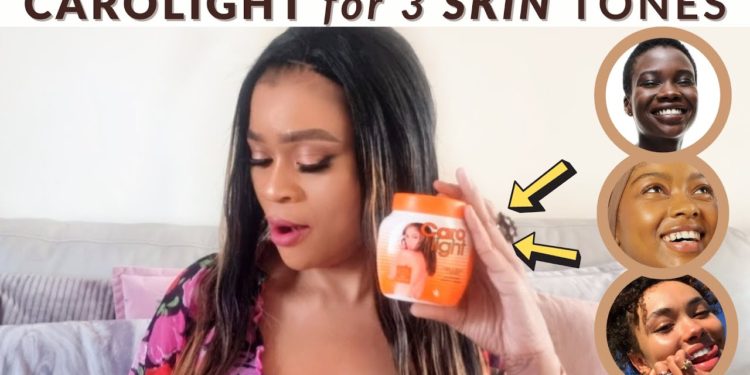By CHIMPREPORTS
The Uganda National Bureau of Standards (UNBS) has upheld the ban on cosmetics containing mercury and hydroquinone in Uganda, according to a report from Chimp Corps. This decision aligns with UNBS’s commitment to safeguarding the public and the environment from harmful, dangerous, and sub-standard products.
A prior survey conducted by UNBS revealed that 31% of samples tested in their internationally accredited laboratories, taken from the market, contained hydroquinone, contravening the requirements of US EAS 377-2:2013. Most of these products were imported.
Hydroquinone and mercury are commonly used in various skin care products designed to lighten or bleach the skin. However, research indicates that hydroquinone is a carcinogenic chemical linked to ochronosis, a medical condition causing dark and thickened skin. The World Health Organization also states that mercury, another common ingredient, can lead to kidney damage, skin damage, rashes, and a reduced ability of the skin to resist bacterial and fungal infections.
Some imported products were found to be labeled as containing hydroquinone, with alternative names like Benzene-1, 4-diol, 1, 4-hydroxy benzene, 1, 4-Benzenediol, or Benzene-1, 4-Diol. Others did not declare their contents, posing a risk to unsuspecting consumers.
The UNBS report identified 32 brands that were tested and found to contain hydroquinone, mercury, or both. The ban on such cosmetics underscores the commitment to public health and safety in Uganda.


Cosmetics in Uganda are regulated by several compulsory standards, including Uganda Standard (US EAS 377-1:2013), which prohibits the presence of hydroquinone or mercury in cosmetics intended for skin applications. Additionally, only 2% hydroquinone is permissible for cosmetics meant for use on hair.
In 2016, the Uganda National Bureau of Standards (UNBS) banned the manufacture, importation, and sale of cosmetics containing mercury and hydroquinone. The ban was implemented after testing revealed that certain cosmetics exceeded the permissible levels of mercury outlined in the UNBS standards (US EAS 377-1:2013), while others contained potent ingredients like hydroquinone.
Selling substandard products is considered an offense under Section 17 of the UNBS Act as amended in 2013. A first-time offender, if found guilty, is subject to a minimum fine of one thousand currency points (equivalent to Shs 20M) and not exceeding two thousand five hundred currency points (Shs 50M). Alternatively, the offender may face imprisonment for a period of not less than two years and not exceeding five years, or both.
Hydroquinone has been banned in many countries, including Japan, the European Union, and Australia.
UNBS has alerted the public that cosmetics containing hydroquinone on the market may have been smuggled into the country through various porous borders and are not cleared by UNBS. The bureau advises caution when purchasing cosmetic products and recommends buying from reliable and reputable sources, such as registered pharmacies or established retail stores. Consumers are urged to check expiry dates and ingredients to ensure the absence of mercury or hydroquinone.
UNBS encourages the public to report cases of substandard products on the market through their toll-free line (0800133133) or WhatsApp line (0713227580).







Discussion about this post